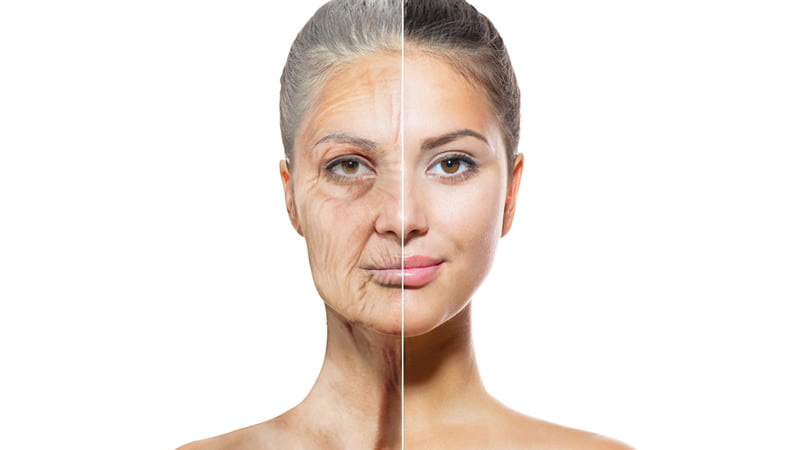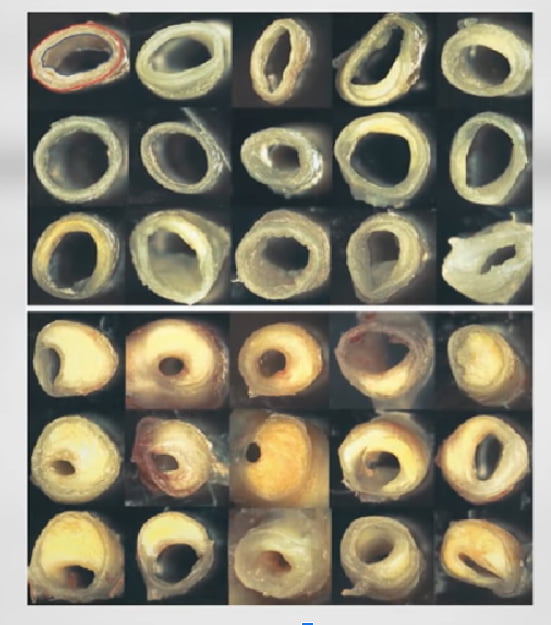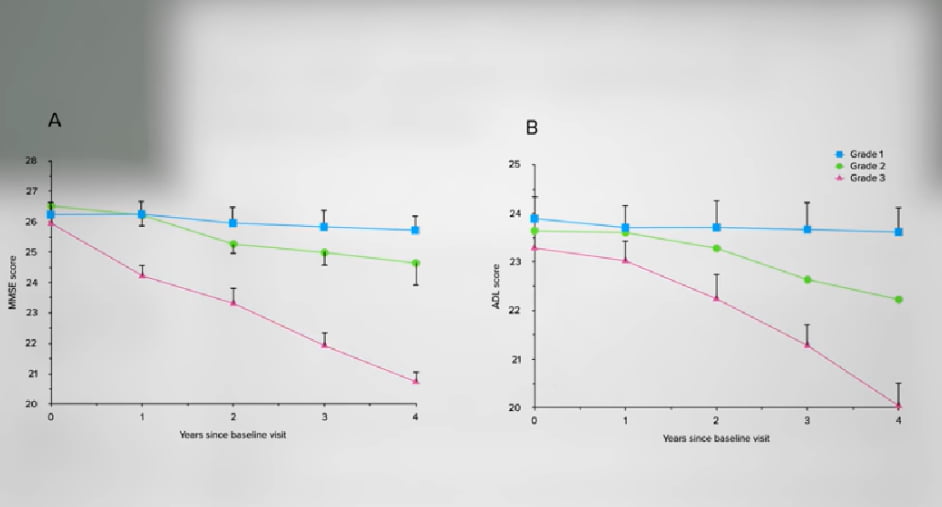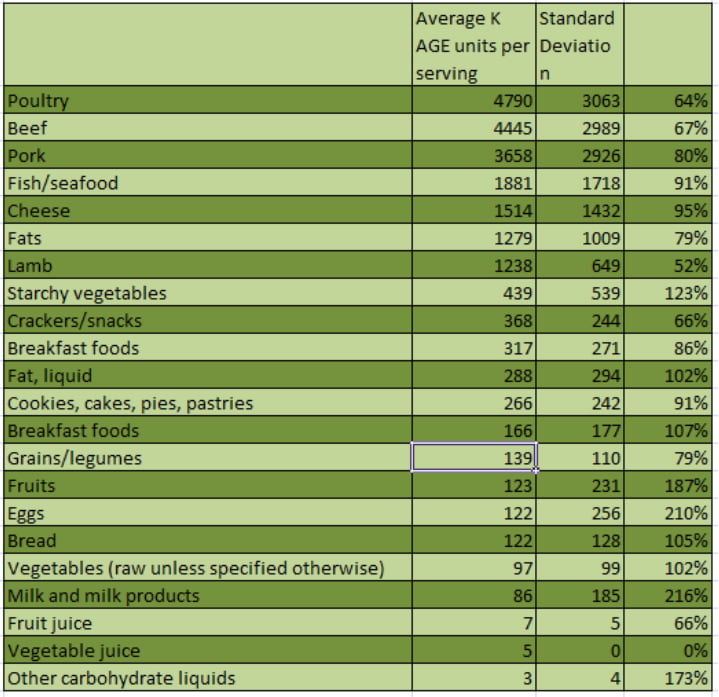Remember when free radicals were the in thing? The new research is saying we should pay close attention to advanced glycation end products.

AGING and Advanced Glycation End Products
What happens to the brain as we age?
Let’s take a look at some facts. In the mid-20s, cognitive decline begins.[13][14] (Ref: Wikipedia Article on Aging). In other words, we start to age.
There are changes to the brain: after 20 years of age there is a 10% reduction each decade in the total length of the brain’s myelinated axons.[41][42] (Ref: Wikipedia Article on Aging)
By the time you reach 65 to 74 yrs, 3% of people are affected by Dementia. By 75-84yrs, 19% are and nearly half of those over the age 85 years have Dementia. (Ref: Wikipedia Article on Aging)
What does Advanced Glycation End Products have to do with aging?
Advanced glycation end products, also known as glycotoxins, are significance in aged-chronic disease. According to Wikipedia “Advanced glycation end products (AGEs) are proteins or lipids that become glycated as a result of exposure to sugars.[1] AND They can be a factor in aging and in the development or worsening of many degenerative diseases, such as diabetes, atherosclerosis, chronic kidney disease, and Alzheimer’s disease.[2]” Ref.
AGES can enable the crosslinking of collagen which can cause stiffening of the artery walls and trap LDL particles in the artery walls. Glycation caused by AGEs can also promote oxidation of LDL. Oxidise LDL is one of the major factors in the development of artheroslerosis (cardiovascular disease). (Ref: Wikipedia)
What about atherosclerosis in the brain?
Cerebral atherosclerosis is a type of atherosclerosis where build-up of plaque in the blood vessels of the brain occurs. Let’s take a look at these pictures to get a better understanding.

While cholesterol may not be a problem for your body, the oxidation of the “bad cholesterol” (small LDL particles) is forming a plaque and eventually blocking the vessels. Ref.
AGEs are a major contributing factor to this process, as described previously in this article.

What can we do to combat AGE’s and Glycation?
Based on these foods you can see which ones cause more AGEs in the body however it is not accurate representation because based on this diagram you could eat lots of cakes and biscuits and not get anywhere near the AGEs in meat. Well, that’s not the case, because more AGEs get formed in the body as food is broken down. Biscuits and cakes spike your glycemic index.

“Furthermore, only low molecular weight AGEs are absorbed through diet, and vegetarians have been found to have higher concentrations of overall AGEs compared to non-vegetarians.” Ref.
This is only one study and I can’t be certain why. Perhaps it could be the difference between a healthy vegetarian eating whole foods compared to someone who is vegetarian and eats too many simple carbohydrates.
Let’s look at the 3 main types of AGEs.
- Endogenous – AGEs are created internally by a process called glycation on which proteins are bound to carbs.
- Exogenous –AGEs is input to the body through food that we ingest.
- Smoking – AGEs are input to the body through the smoke that we inhale.
So a diet low in dietary AGEs is not as important as elevated blood sugar levels that form AGEs. This is called Endogenous AGEs.
This does not mean dietary AGE effects do not matter it just means that endogenous AGES are more important and the ones that lead to elevated blood sugar levels and formation of AGEs. Ref.
So this may come as no surprise that diabetic patients tend to have higher levels of AGEs. Since high blood sugar levels favor AGE formation. As well as contributing to aging and disease.
They are produced physiologically in the body when reducing sugar binds to a free amino acid group of macromolecules. Journal of Nutrition & Food Sciences says dietary AGE intake should be low to address chronic diseases, such as diabetes and cardiovascular disease. Ref.
So to combat the formation of AGEs we should keep the blood glucose levels down (at a healthy level). Every second that passes the number of AGEs created is proportional to the glucose level at that moment. So it is more important to pay attention to the average glucose level rather than fasting levels.
If you eat foods with high glycemic values such as breads then your glucose level shoots up. If you eat the whole wheat ‘healthy’ breads then your blood glucose levels stays high for a long time since the glucose is released slowly to the blood over a long period of time. So it is important to understand which foods are linked to an unhealthy increase in sugar levels.
If you continually snack and keep your blood sugar levels up. Like having a snack in between meals and if you don’t let your blood sugar levels go down the required zone between 70 and 85 you always keep it above 100 you are promoting AGE Formation. Ref. Perhaps that’s why intermittent fasting is so healthy for us.
So in summary
“AGE is an appropriate acronym, as they are considered “gerontotoxins”—that is, aging toxins (from the Greek geros, meaning “old age,” as in “geriatric”). AGEs are thought to accelerate the aging process by cross-linking proteins together, causing tissue stiffness, oxidative stress, and inflammation, and may play a role in cataract formation and macular degeneration in the eye, as well as damage to the bones, heart, kidneys, and liver. They may also impact the brain, appearing to accelerate the slow shrinkage of our brain as we age and suppressing our sirtuin defenses.” Ref
Final words of practical advice when it comes to your diet
Start yesterday.
- Get yourself familiar with the table of glycemic indexes – avoid those with high glycemic values.
- Notice that whole wheat bread has the same glycemic value as white bread eat wheat very rarely.
- Don’t eat white rice, pasta, instant oat meal, fruit juices, raisings, bagels, white potatoes, and junk processed foods.
- Don’t add sugar or fructose to your foods.
- Reduce your intake of grains and starches – rice, pasta, etc.
- Go get your blood sugar levels tested. Ref
- Reduce meat & cheese because of their exogenous AGEs and consume meat steamed or poached or boiled. Fish is a better option.
- Foods with moistures (e.g. water): steaming, braising and blanching are better than deep frying, roasting, broiling and grilling.
- Greens and beans are very good in terms of low AGEs.
- Don’t eat overcooked foods, eat browned or blacked food.
Anything else i can do to tackle Aging and Advanced Glycation End Products?
Personally, I take a supplement called the A.G.E. Pill. This stands for Anti Glycation Extreme. This is an excellent supplement to SUPPORT the body in the fight against AGEs. Please do your own research and figure out if this is right for you. If you are unwell or have a medical condition please seek your doctors advise first before taking any form of supplementation.
Last Updated on April 27, 2019 by Katie Sisel Distributor
